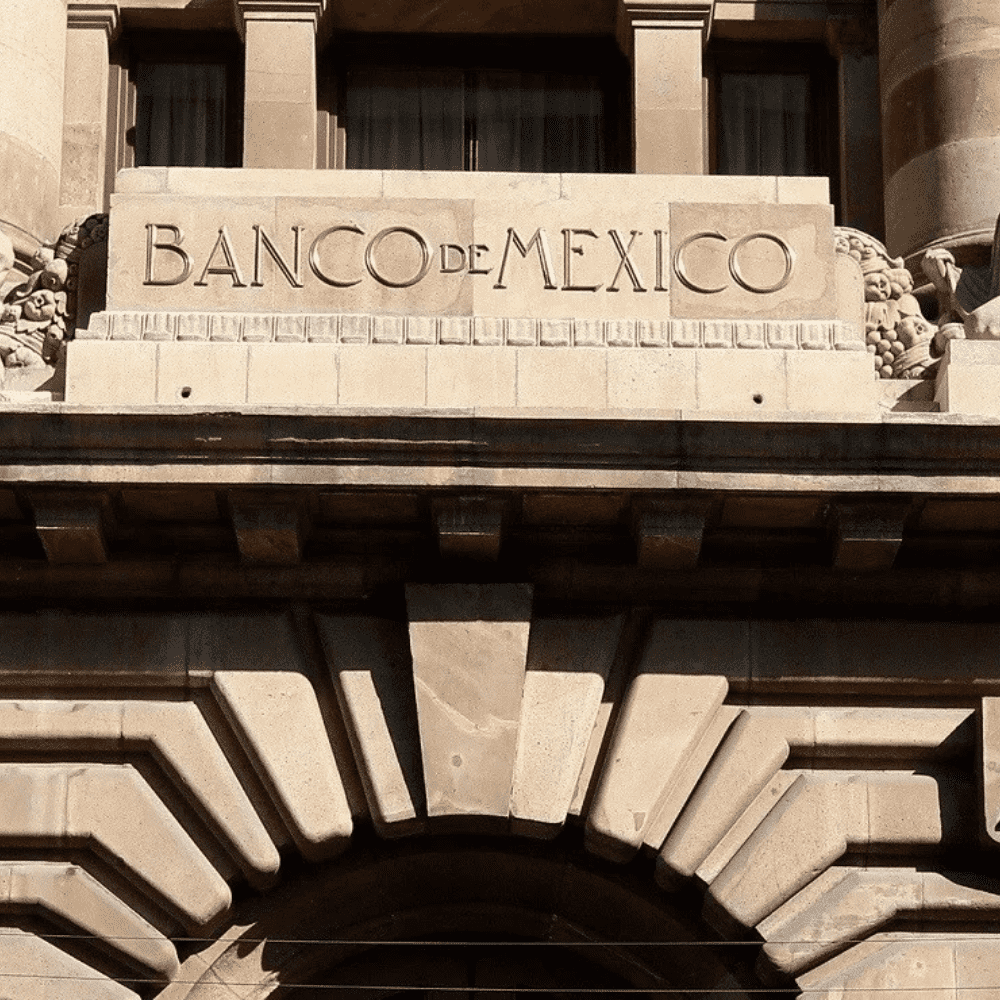
The urgent today is mixed with the important, and both are absent of solution. At the moment, Mexico’s most dangerous problem is inflation. Not only because it reflects serious macroeconomic imbalances, but because it destroys the stability of the national economy, and reduces the purchasing power of wages and money in general. Inflation is a prelude to larger economic and social problems. Their combat must have high government priority. Now the general price level is increasing, due to a strong mismatch between supply and demand. That is, between the existing production and the purchasing power of the population. And this disrupts all economic activity. To reduce inflation there are two ways: to grow the national economy or to reduce the income of the population. But in Mexico the economy does not grow because there is not enough investment, neither public nor private, nor national nor international. There is no confidence in the way the government is managing the economy. The investor has uncertainty, so he postpones his decisions. For this reason, the Bank of Mexico decided to raise the interest rate to 7.75%, because annualized inflation is around 8%. But the interest rate will remain negative, and this measure does not represent a solution to the problem of the constant increase in the price level, nor to the deterioration in wages. On the contrary, raising the interest rate has dangerous effects for an economy as weak and vulnerable as Mexico’s. A higher cost of money means slowing down the pace of activity in companies. It is also to discourage productive investment, it is to erode the national currency and weaken the exchange rate, as well as reduce stock market activity. The increase in inflation means a deterioration in the purchasing power of wages, and a further deterioration in the living conditions of the population. The best alternative to avoid price growth is to promote greater growth in productive activity. That is, to produce more goods and services. Generate more investment, jobs and better wages. The problem is that Mexico lacks a strategy to grow. It does not have a viable, coherent and socially shared development policy. But there are supports to do so. There are $199 billion of monetary reserves, annual remittances are $55 billion, and the price of oil is $105 per barrel. So why doesn’t the Mexican economy grow to end inflation? The answer is simple: it does not do so because of the low quality of the policy. It does not generate good results. It does not allow you to take advantage of the opportunities that arise. Due to bad politics, the urgent and also what is important was neglected.
Original source in Spanish
"El reclamo puede ser genuino, pero construido sobre una mentira", apuntó el presidente Javier Milei…
El gobernador de la provincia de Buenos Aires, Axel Kicillof, encabezó un acto en Ensenada…
El diputado nacional de La Libertad Avanza, José Luis Espert, expresó su confianza en la…
Tras la masiva reaparición de Cristina Fernández de Kirchner, el presidente Javier Milei apuntó contra…
El principal propósito de la nueva comisión es evaluar los recursos humanos en el Senado,…
En una medida que busca redefinir las condiciones de los seguros de automóviles en Argentina,…
Esta web usa cookies.